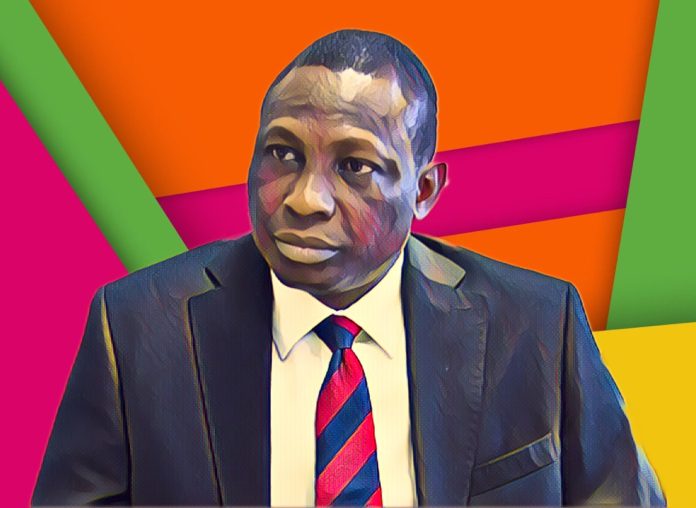KEY POINTS
- Public cynicism, the insecurity of tenure and weak accountability are vital barriers to anti corruption, EFCC Chairman says.
- British High Commissioner vowed support for Nigeria’s anti graft effort and repatriation of stolen funds.
- Foreign collaborators provide safe havens for looted funds, NOA DG calls for collective effort to fight corruption.
Mr. Ola Olukoyede, Chairman, Economic and Financial Crimes Commission (EFCC), has listed several major factors responsible for stalling efforts by Nigeria to curb corruption.
At a high profile gathering of anti corruption stakeholders, the new Secretary said that public cynicism about the fight against corruption, challenges in prosecuting high profile cases and tenure insecurity for agency heads are some of the biggest stumbling blocks in the fight against corruption.
Many of the problems that constrain the fight against corruption are well known to this esteemed audience, Olukoyede said.
Such include public cynicism, which is a great morale dampener for anti-graft officials, the security of tenure of anti corruption agency heads with implications on the independence of the agencies, challenge in the prosecution of high profile corruption cases, also among others, on the non sustenance of accountability reforms in the public sector, among others.”
Institutional reforms and stronger accountability systems
He further added that corruption would be difficult to tackle without fixing key institutional weaknesses. A system where public officers can siphon off big money without anyone detecting it is a big failing; and also the need to have better oversight mechanisms to stop officers from siphoning public funds, he said.
However, until these challenges are addressed, we probably won’t be able to make the sort of impact we envisaged. We need to look at the ease at which public officers are able to pilfer humongous amounts of public money without any warning systems in place he added.
It reflects growing calls for anti corruption agencies to be better able to operate independently and accountably.
Therefore he called for stakeholders to dedicate themselves to sustainable changes that will protect public resources and encourage transparent governance.
British high commissioner and NOA DG weigh in on anti corruption strategies
British High Commissioner to Nigeria, Richard Montgomery, said corruption did not only hinder development but deepen poverty. He vowed that the UK would continue to work closely with Nigeria to shore up anti corruption efforts.
Montgomery said we have helped to see more transparency in the oil sector. “To make more progress on that front, we have to work more closely with agencies of government to attract more investments into that sector.”
Montgomery acknowledged that Britain is not blameless but stated that they are taking efforts to prevent stolen money from having any safe place to sit abroad.
He added that the British government is supporting the repatriation of looted funds to Nigeria for the country’s development.
International collaboration and public support
Mr. Lanre Isa Onilu, the Director General of the National Orientation Agency (NOA) buttressed his point, stating that foreign collaborators are the enabling factors in corruption. If foreign jurisdictions did not afford havens to plunderers to squirrel away their loot, corruption in Nigeria would not have reached these present levels, he said.
‘We must join hands as a people to make Nigeria an uncomfortable place for such bad elements.’ he said.
Acting in partnership with other stakeholders, the EFCC also strives to effect anti corruption reforms that engender transparency and reduce incidences of financial crimes.
Nigeria is fighting against corruption, with the hope of increasing international cooperation to demand systemic changes.



